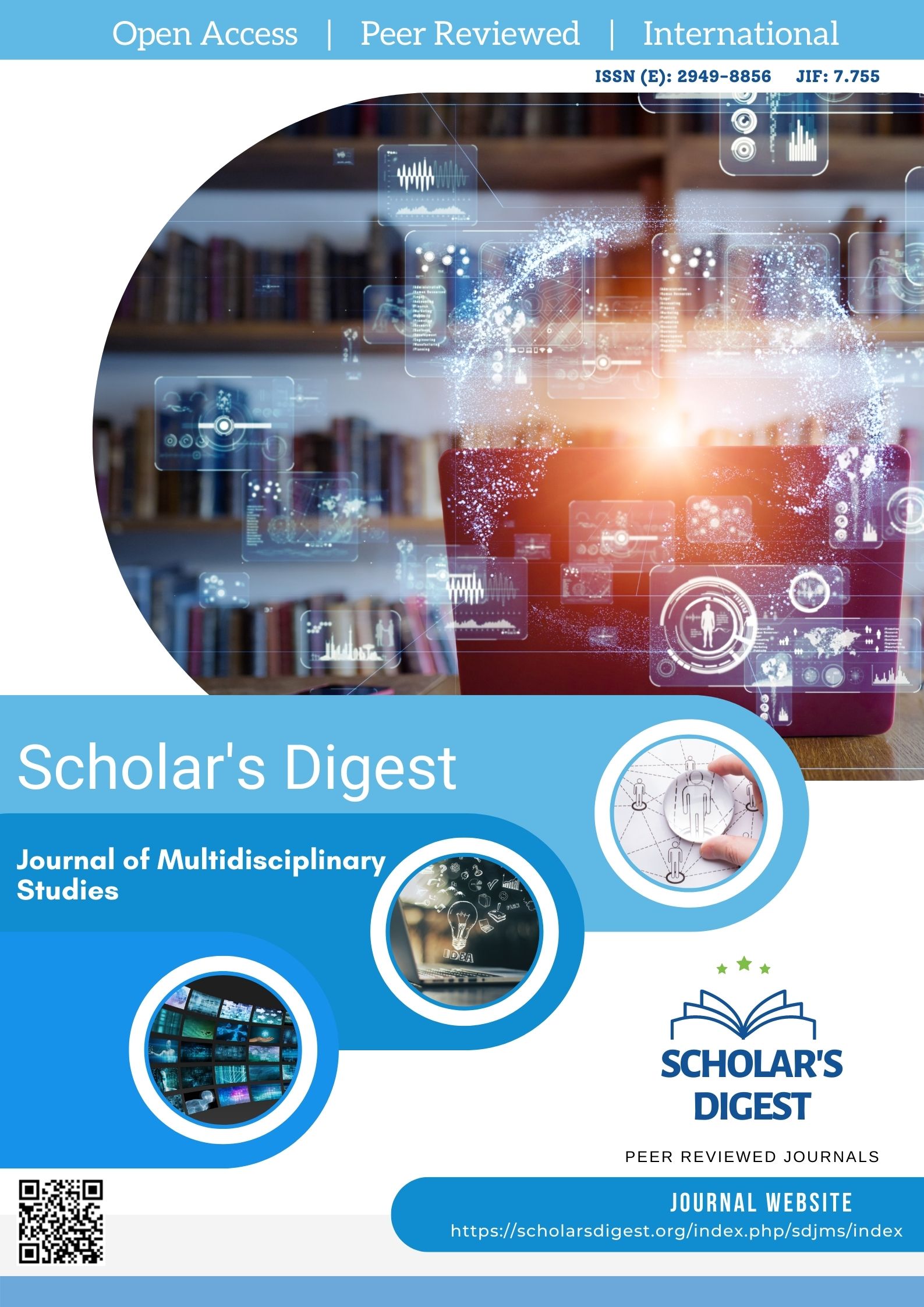MANAGEMENT AND ECONOMICS IN THE SERVICE OF SUSTAINABLE DEVELOPMENT: INTEGRATING THOUGHT AND PRACTICE
Keywords:
Management, Economics, Sustainable Development, Integration of Thought and Practice.Abstract
In a world facing increasing environmental challenges and compounding economic pressures, management and economic concepts are no longer merely tools for running businesses or generating profits. Rather, they have become two fundamental levers for achieving sustainable development in its three aspects: environmental, economic, and social. This research is not merely an academic study; it is a strategic project to guide the future toward equitable, comprehensive, and sustainable development through the integration of economic and management thought, ensuring the sustainability of resources and the well-being of future generations. From a management perspective, sustainable management represents the organizing mindset that sets long-term goals, restructures resources, and designs systems that balance operational efficiency with environmental conservation. An effective manager today is not measured solely by his ability to achieve rapid results, but also by his ability to create lasting added value, which ensures the continuity of the organization and preserves the rights of future generations. From an economic perspective, a sustainable economy reshapes the production and consumption equation so that natural resources are not depleted, but rather recycled, and growth is rethought in terms of quality rather than quantity. Green projects, sustainable value chains, and environmental incentives are all new economic tools being employed to create a more just and stable economy. As a researcher in this field, I believe that the integration of management and economics is the essence of a true transformation toward sustainability in terms of: Management sets the vision and implements policies Economics provides the tools and creates the incentives Society is the ultimate beneficiary of this synergy. Therefore, the success of sustainable development can only be achieved when we bring management out of its closed offices and free the economy from its rigid calculations. Together, we can create a living model that redraws the relationship between humans and nature, between the market and responsibility, and between the present and the future.
References
1.
Barbier, E. B. (2010). A Global Green New Deal: Rethinking the Economic Recovery. Oxford Review of Economic Policy, 26(2), 823–834.
2.
Brown, A., & Green, S. (2019). Governance for Sustainability. Public Administration Review, 79(2), 175–185.
3.
Busco, C. (2018). Make sustainable development goals happen through integrated thinking: an introduction. In Sustainable development goals and integrated reporting (pp. 1-19). Routledge.
4.
Chen, L., Zhang, H., & Wang, J. (2020). Integrated Economic and Administrative Strategies. Environmental Economics, 15(4), 210–222.
Downloads
Published
Issue
Section
License

This work is licensed under a Creative Commons Attribution-NonCommercial 4.0 International License.








